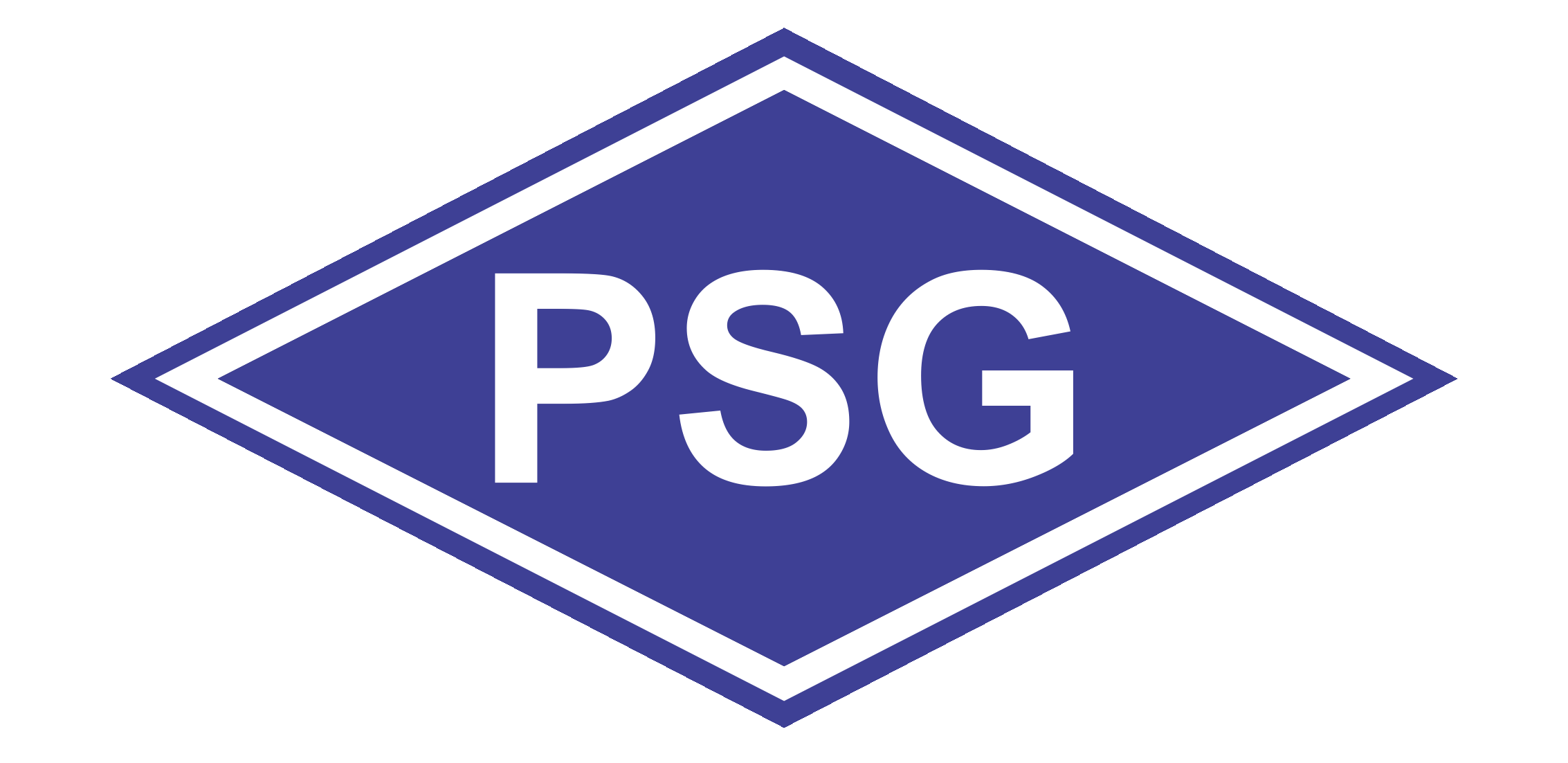



The pre-conference workshop on Electrochemical Energy Conversion Technologies will be organized by the ECS Student Chapter at IIT Madras during ICSTEE 2025. This workshop will offer the electrochemistry fundamentals related to advanced electrochemical energy systems like fuel cells, batteries, etc.
Designed to connect theory with practical applications, the workshop will cover fundamental principles, innovative materials, and device designs essential for sustainable energy solutions. Expert researchers and industry professionals will conduct interactive sessions, sharing the latest research trends, challenges, and future directions in energy storage and conversion.
Participants will engage in hands-on demonstrations and simulations to deepen their understanding of real-world applications. Overall, this workshop will be an important platform for nurturing future scientists and engineers dedicated to advancing innovative electrochemical technologies to transform the global energy landscape.
Material characterization plays a pivotal role in driving innovation and advancement in material science research. At PSG Institute of Advanced Studies, we are equipped with cutting-edge facilities for both the synthesis and detailed characterization of nanomaterials.
In line with our commitment to fostering research excellence, a pre-conference workshop has been organized to offer participants an introduction to electron microscopic techniques for material analysis. This one-day workshop is designed to bridge the gap between theoretical knowledge and practical application in the field of material characterization.
The primary aim is to enhance awareness and deepen the understanding of High-Resolution Transmission Electron Microscopy (HRTEM) and Scanning Electron Microscopy (SEM). Participants will gain a comprehensive overview of the theory of underlying principles, instrumentation, and advanced techniques involved in analyzing materials at the micro- and nanoscale using SEM and HRTEM.
Through this workshop, scholars and students will be equipped with essential insights into the capabilities and applications of these powerful microscopic tools in modern material research.
Emerging contaminants potentially interact with the biota and remain a serious threat to the ecosystem around the globe. Assessing the toxicological endpoints and understanding the adverse outcome pathways are essential for the efficient management, treatment technologies, safe disposal strategies, and framing regulatory guidelines.
Zebrafish have stood as a fantastic model for toxicity assessment for decades due to their genetic resemblance (70–80%) with humans, rapid development and transparency, high-throughput screening potential, high fecundity, and versatile endpoints.
This workshop involves model familiarisation — emerging contaminants, pathways into aquatic ecosystems, and zebrafish as a model organism — along with hands-on sessions covering zebrafish husbandry, breeding setup, and exposure to model contaminants.
The workshop is tailored to benefit post-graduate students, Ph.D. research scholars, and faculty members working in the environmental sciences.